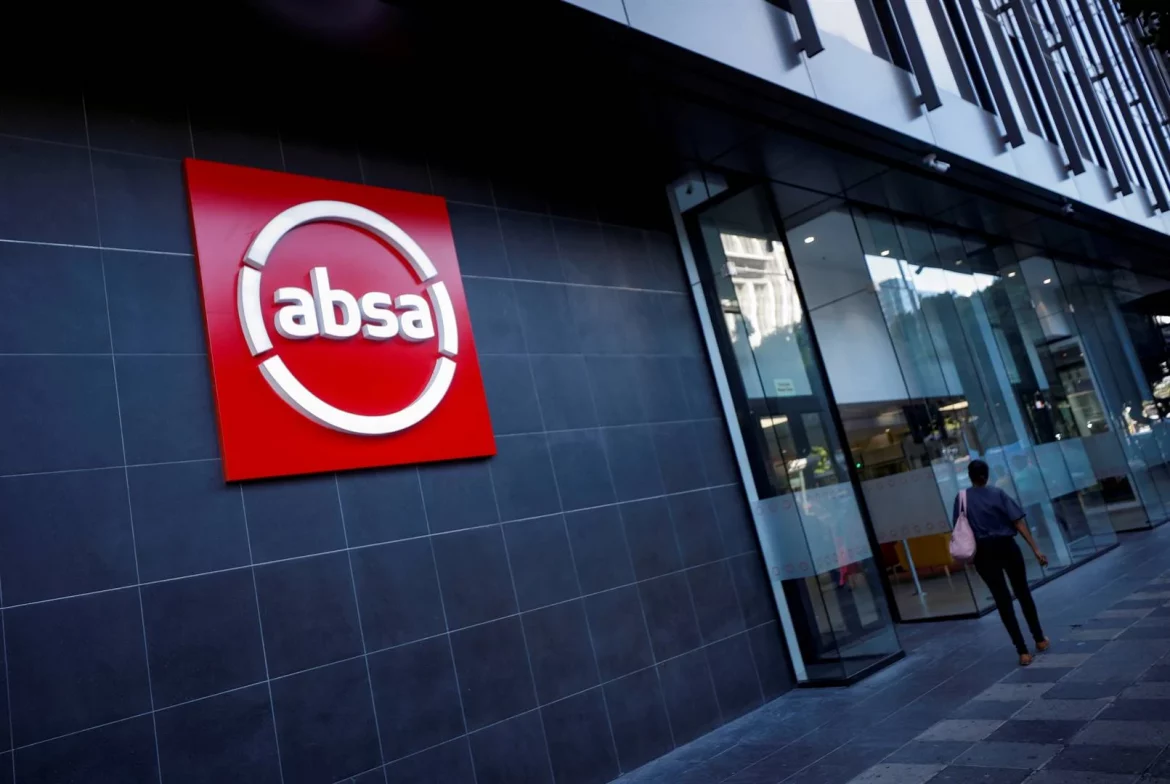Absa reported its “strongest half yet” in the six months to June 2022. The bank, which has been trying to claw back market share it lost under Barclays’ rule, posted a 30% growth in its headline earnings.
Its half-year dividend has more than doubled to 650c a share.
Absa’s biggest business unit, the retail and business banking division (RBB), grew its headline earnings by 34% to R5.6 billion, contributing 57% of the group’s earnings during this half. Absa’s Corporate and Investment Bank grew its headline earnings by 5% to R4.28 billion.
Absa Group CEO, Arrie Rautenbach, said the bank continued to gain market share in targeted areas such as home loans. But it lost some of its primary banked clients, reducing that number to 2.7 million customers. These are people who deposit their salaries with Absa, and most of that loss was in the entry-level market. Rautenbach said the group has a strategy to grow its primary-banked client base again.
“While we have gained momentum with all middle market and affluent customers, we aim to grow our entry-level and inclusive banking base as well as youth and SMEs,” said Rautenbach.
Gaining lending market share
One area where Absa has been growing its market consistently in the past few years is lending. In the six months to the end of June 2022, the group grew its total loans and advances by 11%.
“Our retail market share has increased slightly to just over 22%, with continued momentum in secured lending and improved production in unsecured [loans],” said Absa CFO Jason Quinn.
RBB’s loans and advances to customers rose 9% to R684 billion. Instalment credit agreements went up 10%. Home loans increased by 8%, personal loans grew by 10%, and credit cards rose 8%.
Gross loans to customers in Absa Regional Operations (ARO), which covers the rest of the continent, grew by 17%.
In South Africa, RBB grew loans and advances by 7% to R922 billion. Home loans led the pack, growing by 9% in SA. This grew Absa’s home loans market share in SA to 23.7%, as the average loan values and registrations both increased by 7%.
Absa’s personal loan advances are back to 2019 levels, growing 8% in the six months to the end of June. But Quinn said these loans remain “a small portion” of Absa’s retail lending, and its market share in that area is around 10%.
Absa also grew its retail deposits in SA by 7%, maintaining its market share of 22%. Its investment deposits rose 8%.
CIB South Africa grew its loans by 5%, while CIB ARO recorded 18% growth in its advances. CIB SA’s deposits rose by 1%, and CIB ARO recorded a 17% growth in that area.
Rautenbach said these numbers show that the strategy that Absa launched in 2018 is now paying off. He said the first phase of that strategy was turning around the bank. This has been achieved. Absa has now moved to the next phase: “smart growth”.
“I feel the group is in a very positive space,” he said. “We’ve delivered… We are now moving to the outperformance phase of our execution plan,” he added.
Rautenbach believes Absa is “on the front foot again” and is well-positioned to weather the tough operating conditions that come with the rising cost of living affecting its customers.
Absa’s share price rose by 0.7% to R187.38 on Monday morning.
Source: News 24
